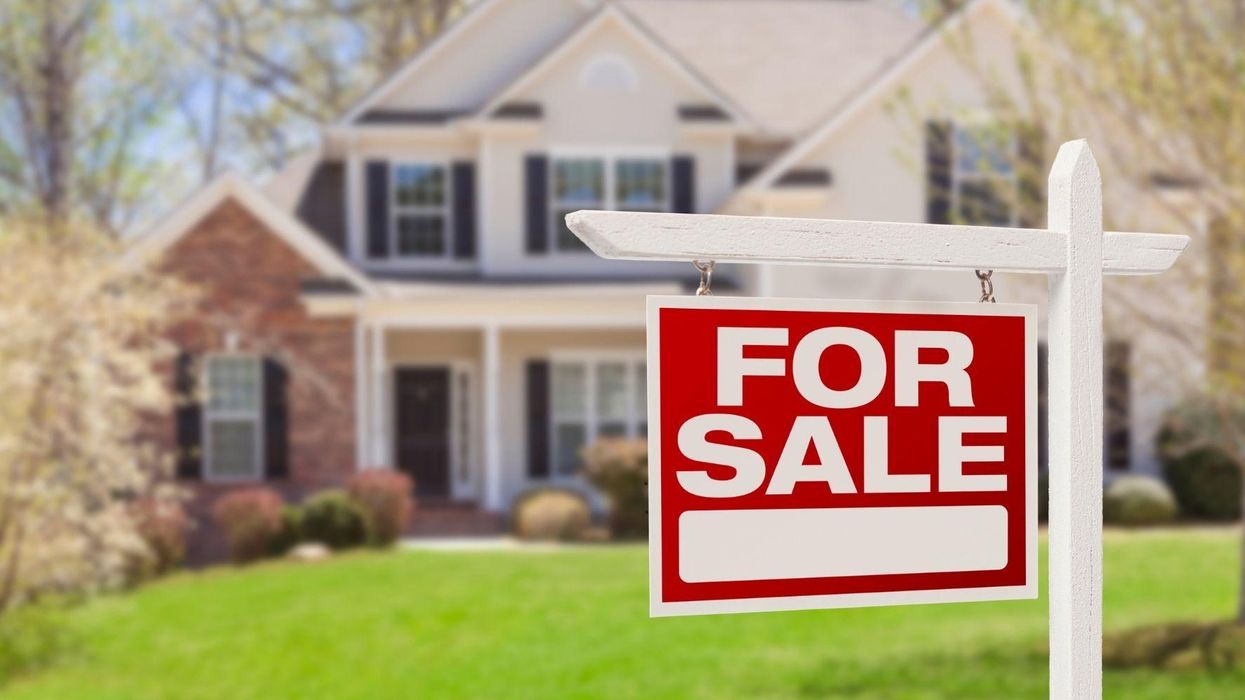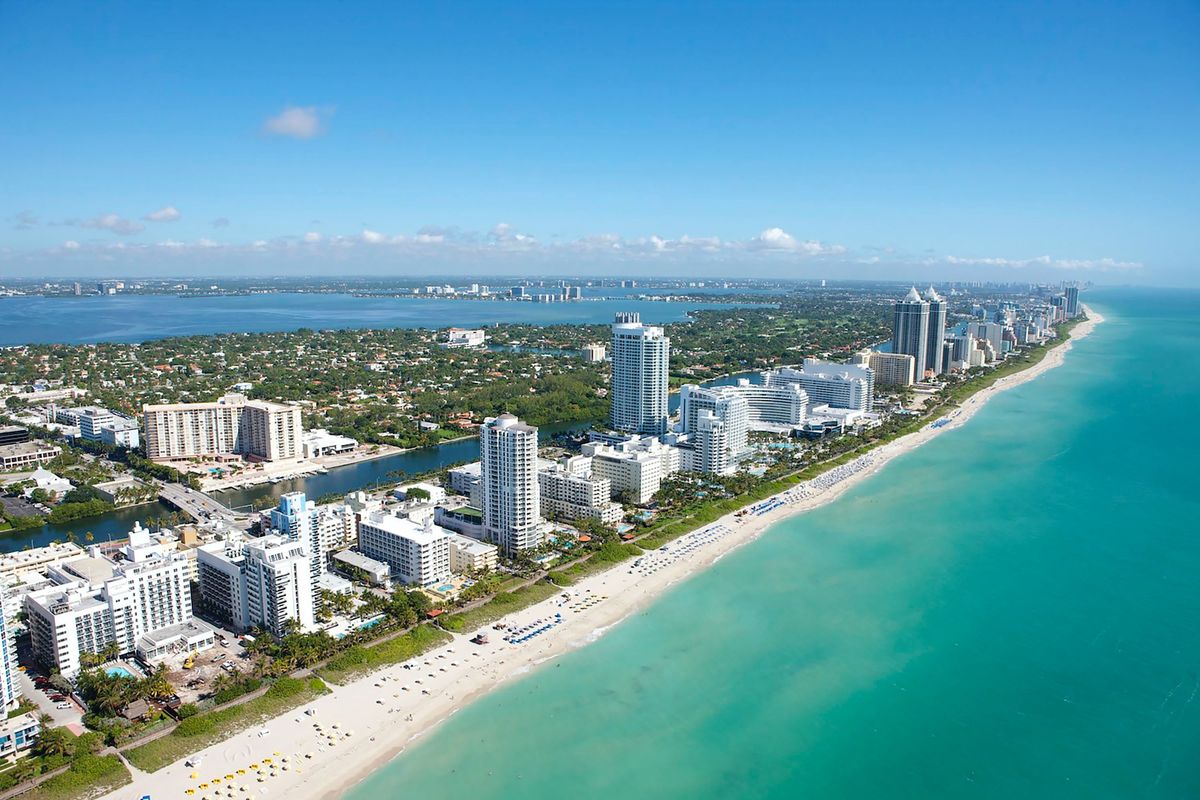News
Isobel van Hagen
Oct 24, 2020

Feverpitched iStock
Affordable housing can be overlooked as one of the most essential needs of a working society.
This is perhaps why it is infuriating when young people today are told their housing situation is ‘just as bad’ as it was for the generations before us.
A graph with data from the HM Land Registry posted by George Aylett – a British political activist – shows the vast difference in housing prices in the UK between 1990 and 2020.
The graph, which has been retweeted more than 40,000 times, shows the average cost of buying a house in the 90s was about £57,000 with the price now more than quadrupling at about £237,000. (In London, the average price is much higher).
Compared to the 1970s, millennials looking to buy a home face prices that are now at least 14 times higher than baby boomers.
The post set off a wave of discussion about mortgage rates, average incomes, and deposit costs. But one thing is clear, the cost of housing – both buying a home and renting – has massively outpaced wage increases in recent years, making the idea of buying property almost completely out of reach for the majority of young people.
“If you were able to buy your first home before prices started rocketing, you have received massive unearned wealth gains – but only at the expense of the generation who are now locked out of ownership, and stuck paying the highest rents in Europe,” says Duncan Stott, the director of the affordable housing campaign PricedOut told the Guardian.
Nearly one in 10 people who are older than 65 that have managed to buy a home before gauged housing prices have a net property wealth of £500,000 or more – the highest of any age group, according to the Office of National Statistics.
Meanwhile, most young people today have to wait longer to buy homes in order to save money – which is essentially impossible to do as rent cost climbs. (The cost of private renting has more than doubled across the country in the past 20 years).
“Income inequality is the real underlying problem for buyers today,” Danny Dorling, professor at the University of Oxford, told the Guardian.
People can’t save for a deposit so they are forced to rent, but rents are so high they can’t ever afford to save. Rich property investors are simply rubbing their hands with glee.
This is coupled with the systematic cutting of funding for council housing by the Tory government, and, of course, the vast economic fallout of the global pandemic. While housing prices now continue to soar – and while rent prices have dropped (somewhat) in London, what happens to the people who have lost their jobs or lost a significant portion of their income?
In order to address the housing problem this generation faces, being a ‘home-owner’ or ‘stepping on the property ladder’ cannot be the gold standard for success.
The “American Dream” type- attitude is failing the majority of people, and actually affordable housing (that doesn't require a down payment from your parents) around the country should be a number one priority.
Top 100
The Conversation (0)













